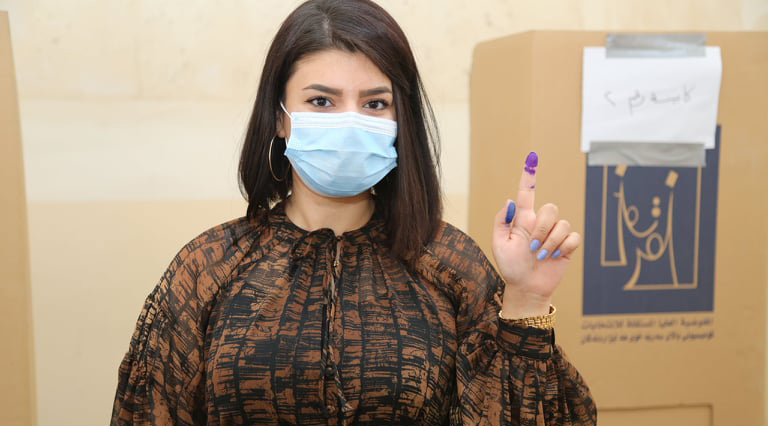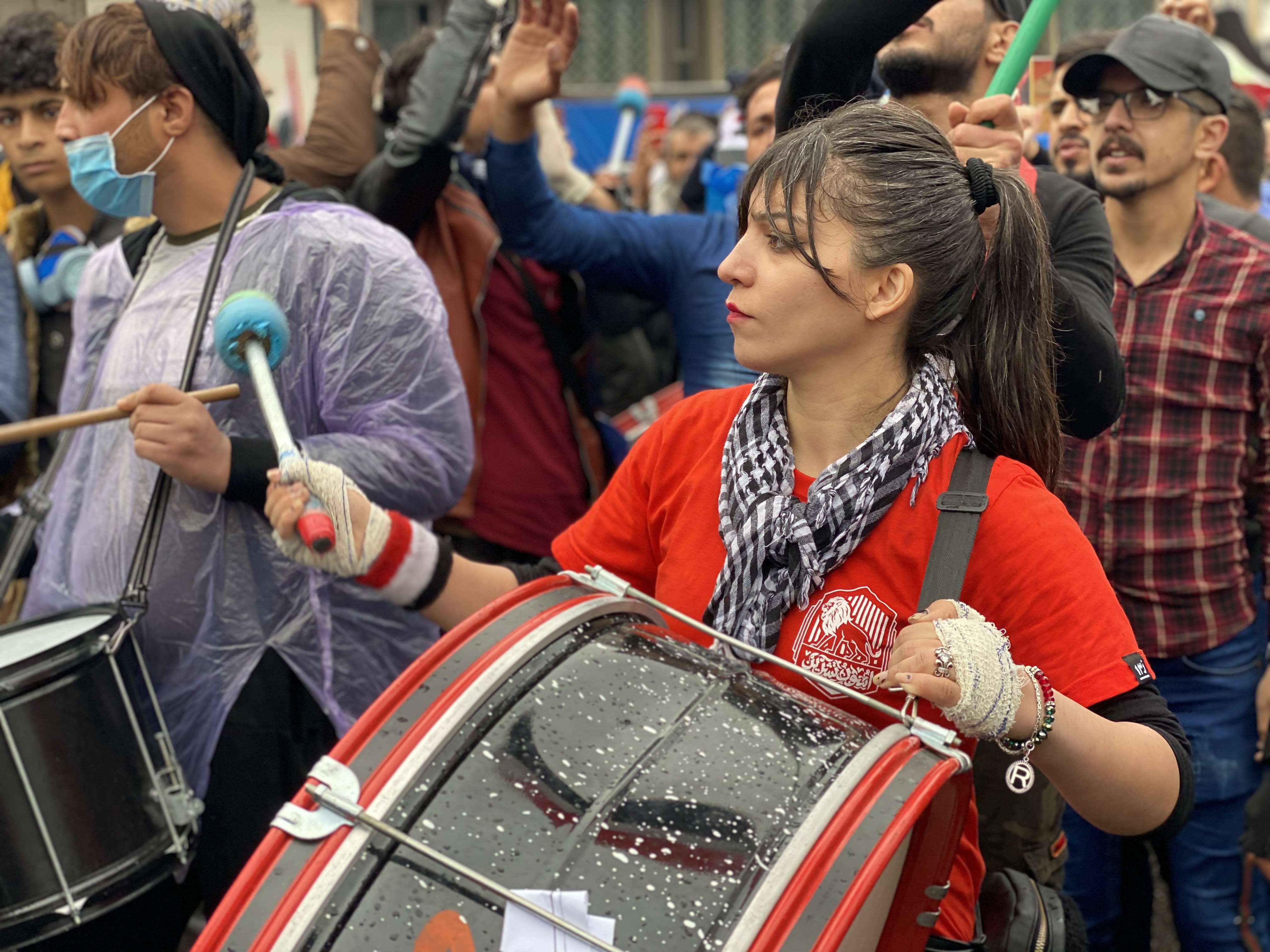Women constitute 28% of the candidates for the Iraqi provincial council elections and have already secured 75 seats according to the women's quota system.
The Provincial Council Elections Law, except for the Iraqi Kurdistan Region IKR, stipulates that more than 25% of the 285 seats, equivalent to 75, are reserved for women.
The lists of political coalitions, alliances, and parties are required to allocate 25% to women, so that the name of a female candidate must be included after the names of every three male candidates, according to the law.
The Independent High Electoral Commission IHEC announced in the latest statistics that the total number of candidates for the provincial council elections is 5,919 candidates, 1,663 are women, making up over 28%.
The Iraqi government has set Dec. 18, 2023, for holding elections for provincial councils, in line with the ministerial agenda adopted by the government and approved by the Parliament last October.
In the northern, oil-rich province of Kirkuk, 245 candidates, including 67 women, are participating to win 16 seats, only four of which are quota seats for women.
The upcoming Nineveh Governorate Council will consist of 29 seats, 7 of which are reserved for women. 625 candidates, including 157 women, will participate in the elections.
The total number of candidates in Diyala Governorate is 321, including 94 women, competing to win 15 seats, four of which have a quota for women.
The number of seats in the Salah al-Din Governorate Council is 15, four of which are for women, and 256 candidates are participating throughout the governorate, including 71 women.
According to the Central Bureau of Statistics estimates, women constitute about 50 percent of the Iraqi population.
In addition to establishing the quota system, Article 20 of the permanent Iraqi constitution stipulates women, like men, have the right to participate in public affairs and enjoy political rights, including the right to vote, elect, and be nominated.

The current Iraqi government headed by Muhammad Shiaa Al-Sudani includes three female ministers out of a total of 23 ministers, equivalent to 13 percent.
The ousting of the Iraqi parliament speaker has turned into a challenge for upcoming elections as it has caused political turmoil.
Three government ministers backed by Mohammed Halbousi, ousted Iraqi parliament speaker, resigned their positions in protest of a ruling by Iraq's top court to terminate his tenure last Tuesday, a statement by Halbousi's Taqaddom party said.
The party also said it would boycott meetings of the ruling State Administration Coalition, while its lawmakers would boycott parliament sessions. The parliament is scheduling a session to nominate a speaker to replace Halbousi next week.
Out of 329 seats in the Iraqi Council of Representatives, 83 seats have been allocated for women, 25%.
In the last parliamentary elections (held in October 2021), women were able to exceed the quota after securing 97 seats, as 57 female candidates succeeded in winning parliamentary seats without relying on the quota system.
After 2003 and the start of the new phase of government in Iraq, the quota for women was ratified in the Iraqi constitution and subsequently by law, provided that it was not less than 25% of the total seats.
In addition to women, 10 quota seats in the provincial council elections were allocated to minorities, Christian, Sabean-Mandaean, Faili Kurds, Yazidis, and Shabaks.
In the Iraqi provincial council elections, the records of more than 16 million citizens who will be entitled to vote according to the biometric voter card have been updated.





